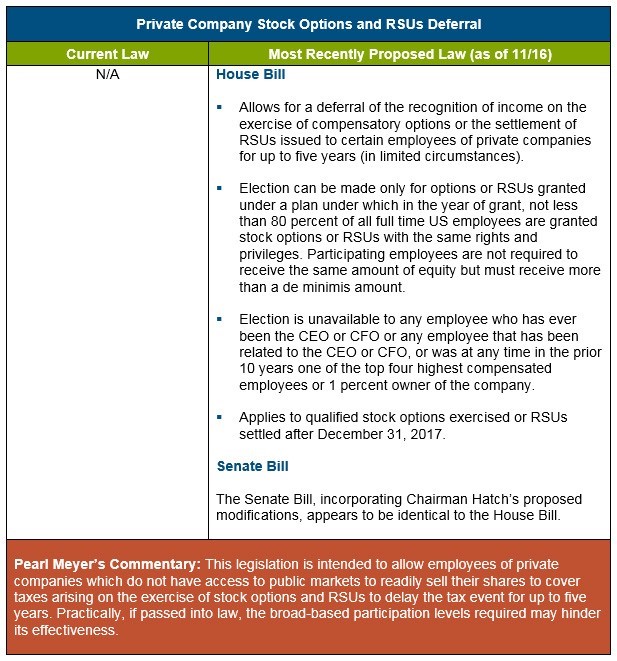You may not realize that you are subject to taxes on stock options. The reason is that when you exercise your option, you receive a right to buy shares of a specific stock at a pre-determined price within a set time. You may have received calls or puts on the same issue. The fact is that you are only entitled to the exercise price. You are not taxed until the price has increased by the amount of time specified in the option contract.
There are many reasons for investing in options. Some people do it to take advantage of low or high risk situations. Other investors use it as a way to protect their capital. Still others use it as a means of short-term and long-term wealth protection. If you are considering investing in options, be sure to consider the tax implications of your decision.
One of the biggest things to think about is the option price. In general, the option seller pays the tax rate on the money they receive for the option. This price is subject to change, especially if the option is a call option or a put option.
One thing you may not realize is that some financial advisors will recommend against buying stock options because they can increase your income taxes. Financial advisors may recommend that you wait and pay taxes on the dividends, rather than sell the options. This is a difficult decision because some financial advisors believe that income taxes on stock options are payable only for a year. This is a very difficult task to accomplish, especially if you are not able to pay the taxes even with assistance. If you choose to wait and pay taxes on the dividends, it is very likely that your financial advisor will recommend that you sell the options, since his or her recommendation will benefit his or her own firm.
It is important to remember, when planning for the future, that the stock options you purchase now will affect your taxes at a later date. As an investor, you must think through the consequences of every decision you make sure that the tax implications are something you really want to deal with. If you have a financial advisor that thinks the benefits of buying stock options are significant enough that it would be better to wait and pay the taxes on them, then make the best decision possible.
You should also consider the fact that when you exercise options trading in the future, you will be responsible for taxes on anything you purchase. The costs of something like options may be a large part of what they are offering you to purchase. A small number of investors tend to focus on the short-term gains associated with stock options and ignore the long-term consequences.
In most cases, the long-term costs involved with something like options, when added up with the immediate taxes you will have to pay, can easily wipe out any short-term profits you make. In some If you were to lose all of the money invested in the stock options when they expire, then you would owe taxes on the entire value of the stock. If you purchased the options at a time when the value was far below the current price, you might still have a tax liability even if you sold the options for the current market price. Knowing what kind of taxes you might owe is a wise thing to do before making an investment decision.
When you are talking about the taxes on stock options, you should understand that the cost basis, or amount you pay taxes on each trade, will start off with a capital gain. This means that any gain that you earned on the stock options is subject to taxes. The cost basis can start off at zero and gradually increase to a small amount. If you sell all of the stock options before the tax due date, you will owe nothing. However, if you wait until the tax due date, you will owe taxes on any gain that you earned.


